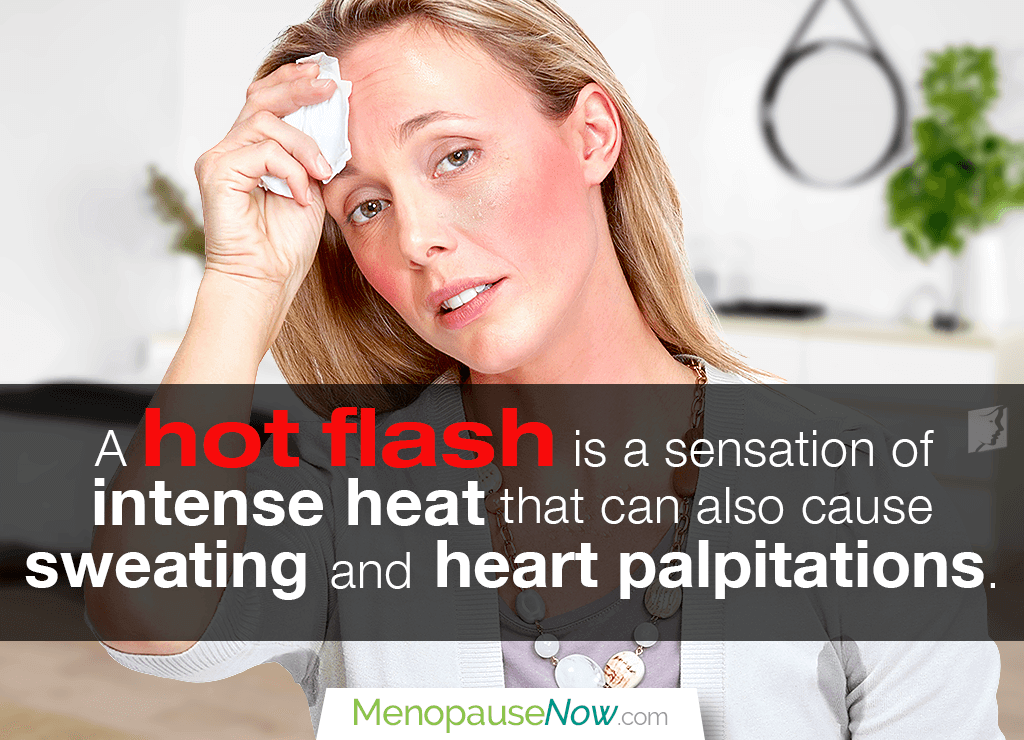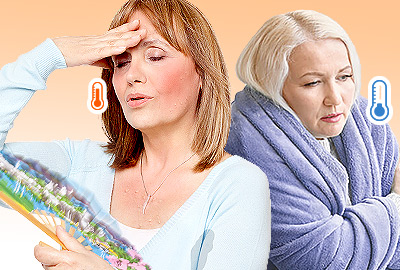Hot flashes are one of the most common symptoms of perimenopause and menopause. However, for women who have had the luck of never experiencing them before, there may be a bit of confusion as to what does a hot flash feel like exactly.
Read on to learn more about what does a hot flash feel like during menopause and how you can stop them from happening ever again.
What Does a Hot Flash Feel Like?
A hot flash is a sensation of intense heat that is mostly concentrated on the face, neck, and chest, causing the skin to appear flushed. It can also cause excessive sweating, heart palpitations, and chills from loss of body heat once the episode has passed. The experience, duration, and intensity of hot flashes vary from woman to woman.
Intensity of Hot Flashes
The intensity of hot flashes is classified according to the following categories:
- Mild. These episodes are barely noticeable, provoke a slight sensation of heat, and don't interfere with daily routine.
- Moderate. These episodes cause sweating, yet women are still able to continue with their activities. They may briefly cool off with a fan.
- Severe. These intense episodes force women to seek immediate relief. They can consist of profuse sweating, chills, and dizziness, among other symptoms, disrupting current activities.
How to Manage and Treat Hot Flashes
There are several approaches women can take if their hot flashes become unbearable and severe.
The following methods for handling hot flashes will help keep them at bay temporarily and promote overall endocrine system health for long-term relief:
- Adjust your environment. Keep your house and bedroom cool. Exercise indoors so as not to overheat. Avoid staying outside in hot weather for extended periods of time.
- Recognize your triggers. Many women find that spicy foods, hot drinks, alcohol, caffeine, nicotine, or certain stressful situations can provoke a hot flash. Avoid them for optimal hot flash prevention.
- Exercise. Research shows that exercise training can reduce the frequency of menopausal symptoms, like hot flashes, depression, anxiety, and insomnia. Incorporate a dance class, cycling, or a daily walk at lunch into your routine.
- Eat foods rich in phytoestrogens. Soy, legumes, flaxseeds, chickpeas, nuts, lentils, cherries, and other fresh fruits and vegetables all contain phytoestrogens, estrogen-like compounds that can help you regain hormonal balance.
Likewise, for optimal results, women may directly combat the root cause of hormonal imbalance through natural and effective hot flash treatments, which focus on a combination of above-mentioned lifestyle changes alongside the use of alternative medicine.
Conclusions
While healthy lifestyle choices are critical, hormonal balance is central to effectively treating hot flashes once and for all. As aforementioned, the best methods are often those that combine healthy lifestyle approaches and alternative remedies for overall endocrine health and well-being. A symptom-free lifestyle is just a click away!
Sources
- Guttuso, T. et al. (2012). Review of hot flash diaries. Maturitas, 71(3), 213-216. doi: 10.1016/j.maturitas.2011.12.003
- Mayo Clinic. (2018). Hot flashes: Symptoms & causes. Retrieved July 4, 2019, from https://www.mayoclinic.org/diseases-conditions/hot-flashes/symptoms-causes/syc-20352790
- MGH Center for Women's Mental Health. (2017). In Brief: Why Exercise Helps with Menopausal Hot Flashes. Retrieved July 4, 2019, from https://womensmentalhealth.org/posts/brief-exercise-helps-menopausal-hot-flashes/



